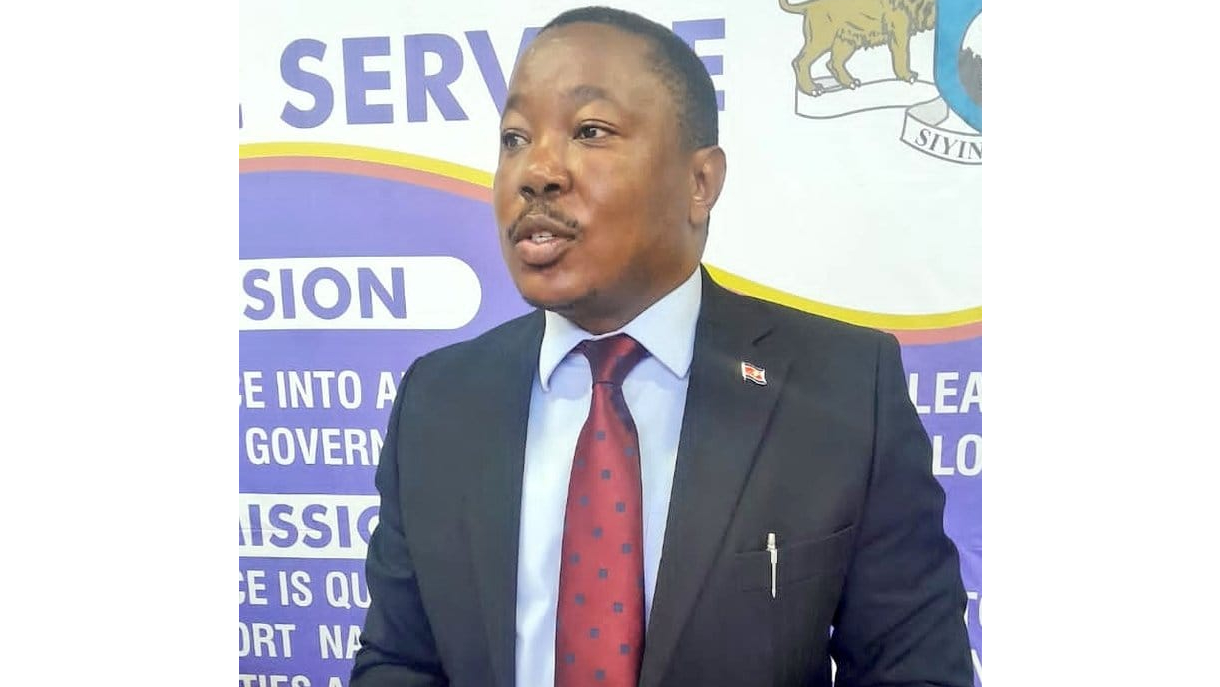
MBABANE – Thirty-seven civil servants who believed they had escaped disciplinary action will now have to face the Civil Service Commission (CSC), following a decisive ruling by the Industrial Court of Appeal.
The Industrial Court of Appeal overturned an earlier Industrial Court judgment that had halted disciplinary hearings for suspended officers whose cases had not been finalised within six months.
The ruling means affected civil servants across ministries, including those from the Ministry of Health who were implicated during the investigation into the acquisition and distribution of medicines to public health facilities in Eswatini, must now appear before the CSC.
Some of the Health officials who now have to appear before the commission are those who the Anti-Corruption Commission (ACC) recently failed to obtain warrants of arrest against. This was after Chief Justice Bheki Maphalala found that there was no prima facie (on the face of it) evidence warranting the issuance of same.
The controversy stems from Section 194(4) of the Constitution, which provides that the matter of a suspended public officer must be finalised within six months, failing which, the suspension shall be lifted. The Industrial Court had interpreted this to mean that disciplinary charges would fall away after the lapse of six months.
However, the higher court clarified that the provision was never meant to shield officers from misconduct charges. Instead, it is intended to prevent prolonged and indefinite suspensions. “If the framers of the Constitution intended for charges to be quashed, they would have said so clearly. What the section provides is that the suspension shall be lifted,” the court ruled.
The judges emphasised that disciplinary control remains a key managerial prerogative and cannot be undermined by prolonged litigation. They noted that in many cases, suspensions had been linked to pending criminal charges, which delayed disciplinary processes. But under the Public Service Act of 2018, the CSC now has discretion to proceed with hearings even when criminal matters are still pending.
The case that gave rise to this dispute involved a firefighter Sizwe Dlamini, who was suspended in June 2021 for alleged assault and intimidation of a supervisor.
His disciplinary matter was only initiated three years later, prompting him to successfully challenge the process before the Industrial Court. That ruling set a precedent which was quickly used by other suspended civil servants, including five senior health officials accused of negligence in the medical drug shortages scandal. Their disciplinary hearings were halted midway.
With the appeal judgment, those hearings will now resume. Among the implicated officials is Assistant Director of the Central Medical Stores, Themba Motsa, who is accused of authorising irregular drug payments and facilitating wasteful expenditure of more than E83 million. Senior Pharmacist Yoliswa Zwane also faces charges of breaching procurement rules in the supply of medicines and medical supplies.
The judgment, delivered by Justices Nkonyane, Mazibuko and Lukhele, concluded that the Industrial Court ‘fell into error’ by declaring charges invalid. The appeal was upheld with no order as to costs.
On a monthly basis, government reportedly spent about E509 673.66 on salaries for suspended employees.
The figures could be higher, taking into consideration that government had paid over E4 million on salaries for the 24 junior police officers over the past two years who remain suspended after protesting about the implementation of phase II of the salary restructuring exercise.
Full article available in our publication.

No more rushing to grab a copy or missing out on important updates. You can subscribe today as we continue to share the Authentic Stories that matter. Call on +268 2404 2211 ext. 1137 or WhatsApp +268 7987 2811 or drop us an email on subscriptions@times.co.sz